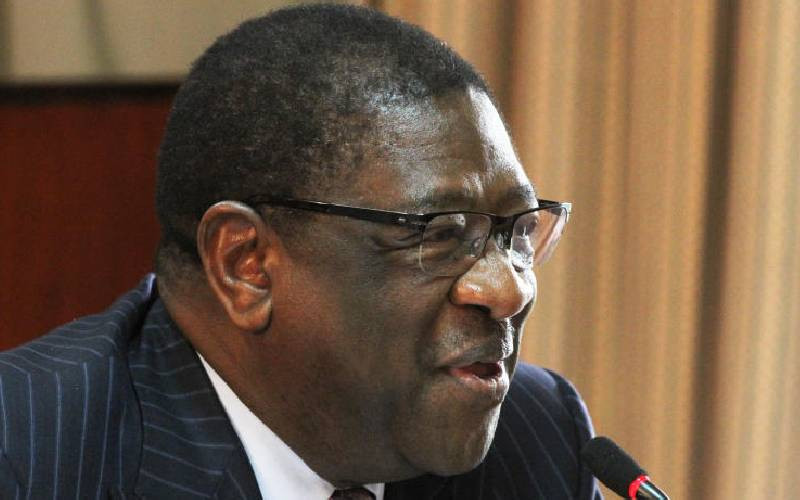×
The Standard e-Paper
Smart Minds Choose Us

Former Attorney General Amos Wako's dramatic appearance at the National Dialogue Committee (NADCO) on Monday this week evoked both good and bad memories of the constitution-making process in Kenya.
The former Busia Senator was at the center of the process when former President Daniel Arap Moi first repealed section 2(a) of the old constitution in 1992 and the constitution review process that started in the year 2000.